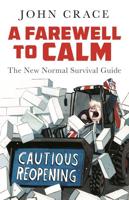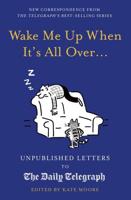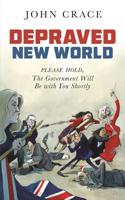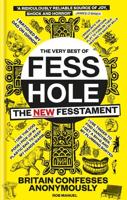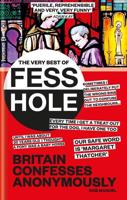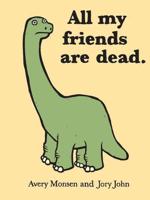Publisher's Synopsis
Comedian-author Charlie Demers, whose brain-bending brand of black humor will be familiar to followers of CBC Radio's The Debaters, offers his madcap perspective in a new collection of essays highlighting a wide range of topics under the heading of Bad Things. The Horrors is presented abecedarian-style, despoiling a beloved children's book tradition in order to explore personal hangups that range from the slightly awkward to the down-right terrible.
Beginning with A' for Adolescence,' Demers recalls his sexless teenage years spent in a Trotskyist sect, and B' for Bombing' offers a first-person account of the agonies of stand-up comedy gone wrong. E' for End of the World' explores the wacky world of Preppers (YouTube how-to-prepare-for-the-apocalypse experts), while F' for Fat' explains what life is like for those with both testicles and breasts. Other essays creep toward the pain side of the hilarity/agony line: D' for Depression' and M' for Motherlessness' traverse topics that more balanced minds might hesitate to make light of.
Fortunately, Demers does not let tact or sensibility deter him from pushing humor to its hysterical limit in order to examine our deepest fears. With artful insight, he never minimizes the very real pain inherent in some topics and uses comedy as a catharsis rather than a numbing agent. Dark, smart and funny, in the sunny world of The Book of Awesome and The Happiness Project, The Horrors will be a shadow . . . or at least a shadow puppet.
Beginning with A' for Adolescence,' Demers recalls his sexless teenage years spent in a Trotskyist sect, and B' for Bombing' offers a first-person account of the agonies of stand-up comedy gone wrong. E' for End of the World' explores the wacky world of Preppers (YouTube how-to-prepare-for-the-apocalypse experts), while F' for Fat' explains what life is like for those with both testicles and breasts. Other essays creep toward the pain side of the hilarity/agony line: D' for Depression' and M' for Motherlessness' traverse topics that more balanced minds might hesitate to make light of.
Fortunately, Demers does not let tact or sensibility deter him from pushing humor to its hysterical limit in order to examine our deepest fears. With artful insight, he never minimizes the very real pain inherent in some topics and uses comedy as a catharsis rather than a numbing agent. Dark, smart and funny, in the sunny world of The Book of Awesome and The Happiness Project, The Horrors will be a shadow . . . or at least a shadow puppet.


